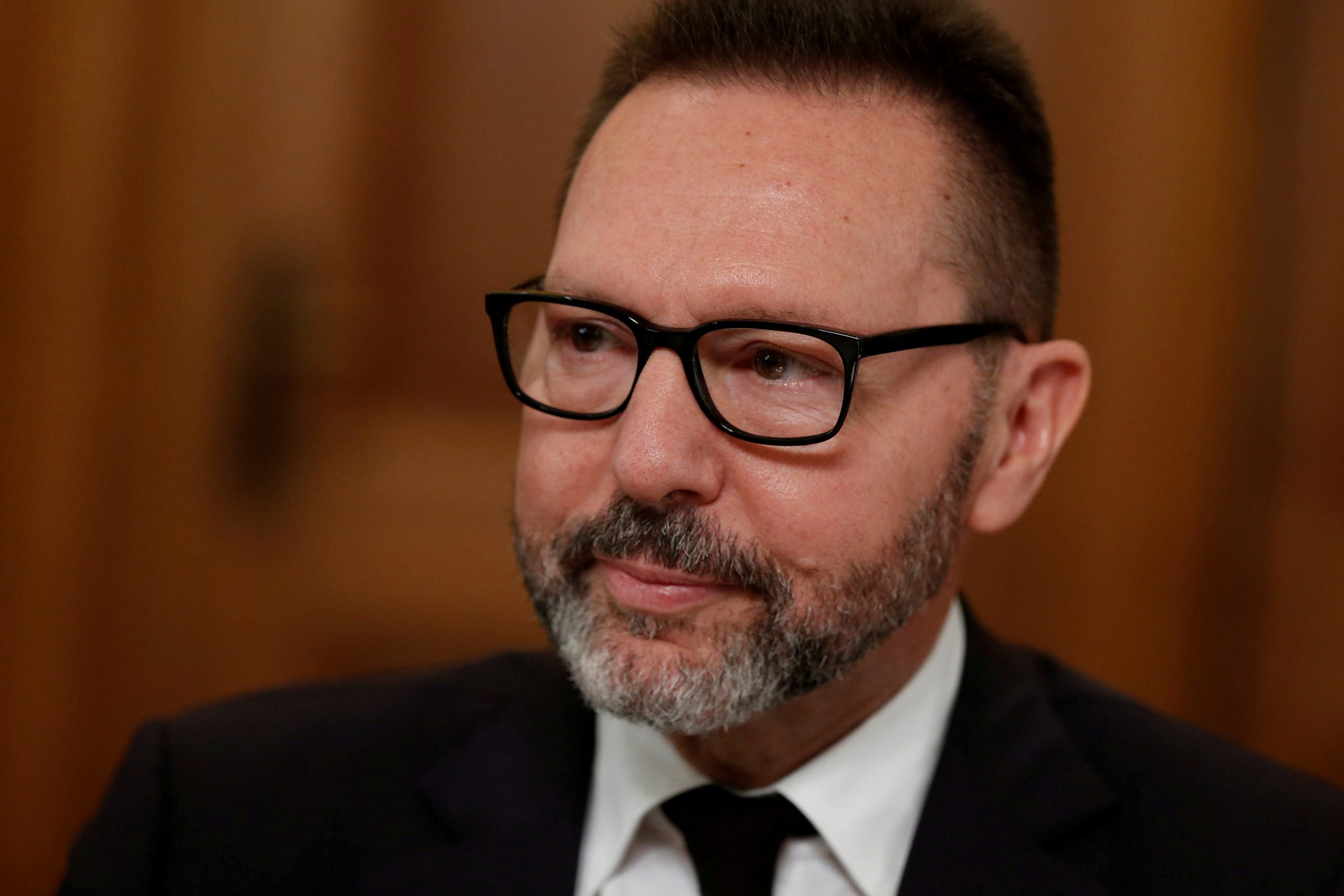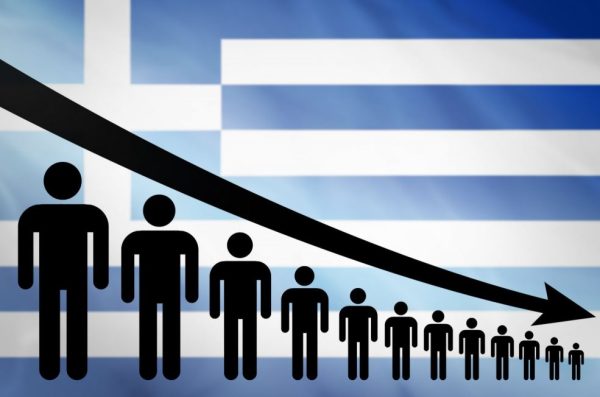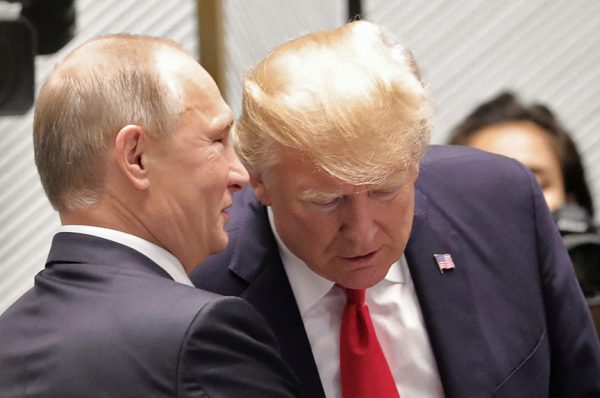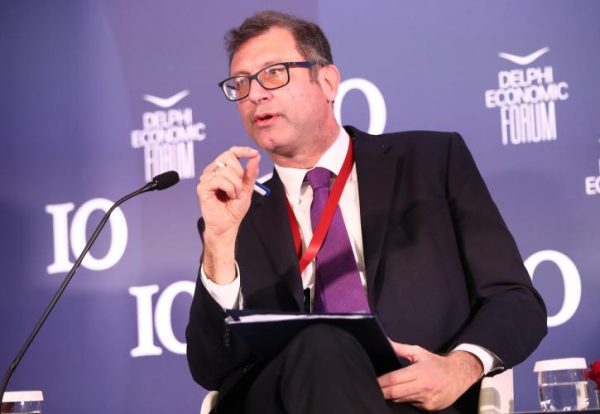
Despite the progress in the vaccination programs, Europe is still in the vortex of the coronavirus pandemic, and therefore the European Central Bank should keep the money taps completely open, said the Governor of the Bank of Greece, Giannis Stournaras, in an interview with Reuters.
Mr Stournaras noted that the recovery remains fragile and – as there are no signs of a period of high inflation in the near future – it is too early for the ECB to slow down emerging bond markets.
“Of course, there has been an acceleration in vaccinations but there are still travel restrictions, so I can not say that we have yet to escape the danger,” said the central banker.
With inflation forecast to remain below the ECB’s 2% target for the coming years, Mr Stournaras backed the continuation of the emergency bond-buying program (PEPP) of 1.85 trillion. euros, at the current rate. “I do not see any reason for any change (in the pace of PEPP) at the moment,” he said.
Bond markets rose by mid-March to € 80 billion a month and have held steady since then and, while ECB President Christine Lagarde said it was too early to discuss phasing out emergency measures, some conservative board members of the ECB want their reduction.
The governor of the Dutch central bank, Klaas Knott, told Reuters last month that the ECB could continue to support the economy through the APP program, which now buys bonds worth 20 billion euros a month. Greece was excluded from the APP due to its low solvency.
The central banker said that it was not yet time for the withdrawal of the PEEP, which is expected to last at least until March 2022. “I do not think it is the right time to make this change yet,” he said, adding: “Of course, this will happen at some point in the future, there is no doubt about it. We need to think about a smooth transition from PEPP to APP.
Mr Stournaras disagreed with the market debate over a sustained recovery in inflation, fueled by unprecedented support in response to COVID-19 and the US Federal Reserve’s more tolerant monetary stance. “We are not in a new [inflationary] period, there is no indication of that,” he said, adding: “As the economy emerges from the pandemic, supply bottlenecks appear, but this is expected to normalize over time.”
Analysts see Eurozone inflation at 1.7% or lower by 2023, while the ECB targets inflation “below but close to 2%” over an indefinite medium-term period. The central banker said that the ECB is likely to change this target to 2% this year, although the members of the Board. have not yet agreed whether to follow the Fed, which decided last year to aim for an average inflation of 2%.
Mr Stournaras backed voices calling on the ECB to make bond markets more environmentally friendly. “Climate change is creating price volatility in the economy. “Therefore, we need to take this into account in our models and we can use some of our means to influence it, such as greening our own portfolio.”
Latest News

Έσπασαν και φέτος οι μπότηδες στην Κέρκυρα – Το εντυπωσιακό έθιμο του Πάσχα
Από τα μπαλκόνια και τα παράθυρα των σπιτιών στην Κέρκυρα, οι μπότηδες, δηλαδή μεγάλα ή μικρά κεραμικά βαμμένα κόκκινα δοχεία γεμάτα με νερό, έπεσαν με θόρυβο στο δρόμο

O Μητσοτάκης στην Πρώτη Ανάσταση στην Τήνο
Ο Κυριάκος Μητσοτάκης βρέθηκε για το Πάσχα στο νησί της Τήνου

Δημογραφικό: Πώς θα διαμορφωθεί η κατάσταση στην Ελλάδα του 2050
Τα τελευταία χρόνια, οι δημογραφικές αλλαγές στην Ελλάδα απασχολούν όλο και περισσότερο τους επιστήμονες και τους φορείς

Έτοιμος ο Τραμπ να αναγνωρίσει την ρωσική κατοχή της Κριμαίας
Τι δηλώνει πηγή που γνωρίζει για την φερόμενη πρόταση της κυβέρνησης Τραμπ στο CNN – Η Ρωσία έχει καταλάβει την Κριμαία από το 2014

Aργυρού: Ψήφος εμπιστοσύνης στην ελληνική οικονομίας η αναβάθμιση της S&P
Ο προϊστάμενος του Οικονομικού Γραφείου του Πρωθυπουργού Μιχάλης Αργυρού σχολίασε τη σημασία αυτής της αναβάθμισης

Τέμπη: Πότε έρχεται το πόρισμα του ΕΜΠ
Θα ρίξει φως σε κρίσιμα ερωτήματα, κυρίως στο θέμα της πυρόσφαιρας – Τι αναφέρει μία νέα μαρτυρία

Πώς θα λειτουργήσουν τα καταστήματα το Μεγάλο Σάββατο
Αναλυτικά το εορταστικό ωράριο του Πάσχα για τα καταστήματα και τα σούπερ μάρκετ και πώς θα κινηθούν τα Μέσα Μαζική Μεταφοράς στην Αθήνα

Η διπλωματία πάνω σε χάρτες – Ο Θαλάσσιος Χωροταξικός Σχεδιασμός, οι αντιδράσεις και τα επόμενα βήματα
Ελληνική και τουρκική διπλωματία μετρούν αντιδράσεις και επόμενα βήματα

Ομάδα Αλήθειας: «Mαύρο ταμείο» της ΝΔ και του Μαξίμου η Blue Skies
Τα πρόσωπα και η διαδρομή του χρήματος - Νέες αποκαλύψεις

Τους πότιζαν κρασί και τους παγίδευαν - Ρώσοι χάκερς σε Ευρωπαίους διπλωμάτες
Όπως αποκαλύπτει το Politico το κρασί έγινε ο Δούρειος Ίππος των χάκερ για να αποκτήσουν πρόσβαση σε mail Ευρωπαίων αξιωματούχων







![Πλημμύρες: Σημειώθηκαν σε επίπεδα ρεκόρ στην Ευρώπη το 2024 [γράφημα]](https://www.ot.gr/wp-content/uploads/2025/04/FLOOD_HUNGRY-90x90.jpg)





![Airbnb: Πτωτικά κινήθηκε η ζήτηση τον Μάρτιο – Τι δείχνουν τα στοιχεία [γράφημα]](https://www.ot.gr/wp-content/uploads/2024/07/airbnb-gba8e58468_1280-1-90x90.jpg)











![Επιχειρήσεις: Με τι επιτόκιο δανείζονται – Πώς θα ξεκλειδώσει περισσότερη ρευστότητα [γράφημα]](https://www.ot.gr/wp-content/uploads/2025/04/daneia-trapezes-768x432-1-600x338.jpg)













 Αριθμός Πιστοποίησης
Αριθμός Πιστοποίησης